Understanding Crohn’s Disease: An In-Depth Guide
Crohn’s Disease, a type of Inflammatory Bowel Disease (IBD), is a condition that has puzzled and affected many worldwide. Characterized by inflammation of the digestive tract, which can lead to severe abdominal pain, diarrhea, fatigue, weight loss, and malnutrition, Crohn’s Disease is a chronic condition that many live with daily. This article aims to shed light on the essential aspects of Crohn’s Disease, from its symptoms and causes to its management and treatment options.
What is Crohn’s Disease?
Crohn’s Disease can affect any part of the gastrointestinal tract, from the mouth to the anus. However, it most commonly affects the end of the small intestine (the ileum) and the beginning of the colon. The inflammation caused by Crohn’s can span the entire thickness of the bowel wall, leading to a variety of symptoms that can vary in intensity and duration.
Causes and Risk Factors
The exact cause of Crohn’s Disease remains unknown. However, research suggests a combination of genetic, environmental, and immune system factors contribute to its development. People with a family history of Crohn’s are at a higher risk, as are smokers and those between the ages of 20 and 29.
Symptoms of Crohn’s Disease
Symptoms can range from mild to severe and may develop gradually or come on suddenly, without warning. Common symptoms include:
– Persistent diarrhea
– Abdominal pain and cramping
– Blood in the stool
– Mouth sores
– Reduced appetite and weight loss
– Fever and fatigue
In severe cases, Crohn’s can lead to life-threatening complications, such as bowel obstructions, abscesses, and fistulas.
Diagnosis and Treatment
Diagnosing Crohn’s Disease involves a combination of tests and procedures, including blood tests, stool tests, colonoscopy, and imaging tests. There is no cure for Crohn’s, but treatments can significantly reduce its symptoms and even bring about long-term remission. Treatment options include:
– **Medication**: Anti-inflammatory drugs, immune system suppressors, antibiotics, and others can manage symptoms and prevent complications.
– **Nutrition therapy**: Special diets can help reduce symptoms, and in some cases, nutrient supplements or feeding tubes may be necessary.
– **Surgery**: In severe cases, surgery to remove damaged portions of the GI tract may be required.
Living with Crohn’s Disease
Living with Crohn’s Disease can be challenging, but with the right strategy, individuals can lead healthy and fulfilling lives. Managing stress, eating a well-balanced diet tailored to personal triggers, regular exercise, and medication adherence are key components to controlling symptoms.
The Road Ahead
Advancements in medical research are continuously being made, offering hope for new treatments and, ultimately, a cure for Crohn’s Disease. Continuous support for those affected, increased awareness, and funded research are crucial in the battle against this condition.
Conclusion
Crohn’s Disease, while challenging, is a manageable condition with the right approach to treatment and lifestyle adjustments. If you or someone you know is struggling with symptoms of Crohn’s Disease, it’s important to seek medical advice to effectively manage this condition and maintain a high quality of life.
Chron’s disease is not a result of a medication shortage. It is a byproduct of the body no longer interacting appropriately with its environment. Although some things can be avoided in our environment this would be the equivalent of putting a bandaid over a sliver, the problem might be covered but it is still there. Symptoms tell us when something is out of balance in our bodies so we can work to fix it. Contact us today to try nomoSIK for your Chrones disease.
It is important to note that the NOMOSIK therapy has not been evaluated by the FDA and is not intended to diagnose, treat, prevent or cure any disease. It specifically tests and treats for neuro-physiological imbalances in the body. Please see reviews of the amazing recoveries patients have noted with their illness and allergies following treatment of these imbalances. These treatments do not constitute the practice of medicine and are intended solely for the purpose of addressing muskulo-skelital conditions through alternative therapeutic means.

